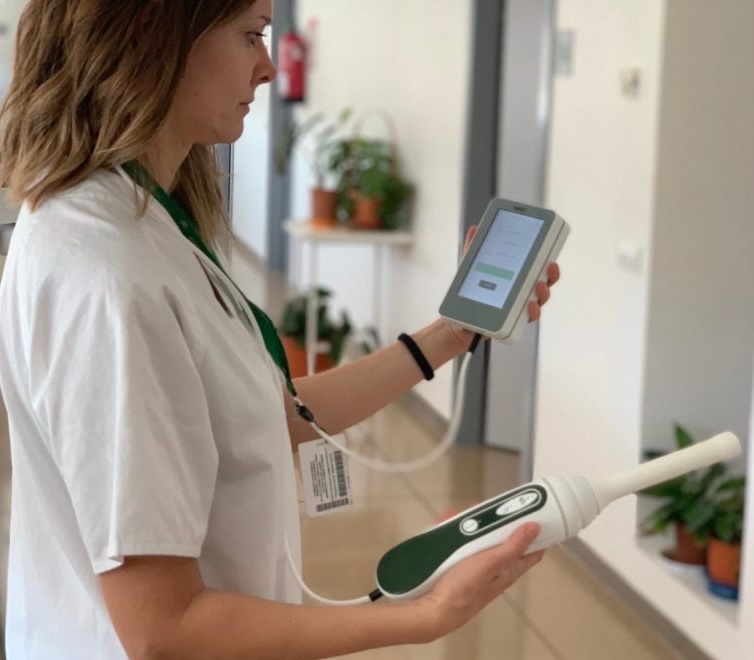
Medtech company INNITIUS has announced promising results from its FineBirth Clinical Trial-1 (FB-CT1) for its novel Fine Birth device, designed to improve the diagnosis of threatened preterm labor (TPTL).
Preterm birth, occurring in approximately 500,000 cases annually in the EU alone, is a critical public health issue responsible for over 1 million deaths each year globally. It remains the leading cause of under-5 mortality worldwide. TPTL, which occurs between the 22nd and 37th weeks of gestation, accounts for 45% of preterm births, highlighting the urgent need for effective diagnostic solutions.
The Fine Birth device utilizes a unique intravaginal probe that measures cervical consistency through torsional wave elastography. This innovative approach aims to address the shortcomings of current diagnostic methods, which often suffer from low positive predictive values and high false positive rates, leading to unnecessary interventions and increased healthcare costs.
Dr. Rubén Molina, CEO of INNITIUS, explained the significance of their findings: “Our study has shown that by measuring cervical consistency with our technology, combined with AI that factors in patient profiles, we’ve achieved better sensitivity and specificity than the current gold standard. This is a big step toward our goal of positively impacting over 140 million women each year—making their pregnancies safer and giving them more peace of mind during those crucial first nine months.”
The FB-CT1 study, which involved 309 patients exhibiting TPTL symptoms, evaluated the device’s usability and efficacy in predicting preterm labor risk. Results showed that the Fine Birth TPTL assessment algorithm significantly outperformed existing techniques, achieving a sensitivity of 57.14% and a specificity of 95.38%.
The Fine Birth device consists of a proprietary intravaginal probe that quantitatively measures cervical consistency using torsional waves, a risk assessment algorithm that combines these measurements with specific patient clinical variables, and software that provides physicians with results in the form of a score and associated risk level. The intravaginal probe operates differently from conventional ultrasound probes, using a small mechanical disk to propagate vibration through the tissue. This approach provides direct measurement of tissue stiffness in kilopascals, eliminating the need for image interpretation and offering a more objective result.
Despite the relatively small sample size, the study’s findings suggest a potential shift in clinical practice, offering a more reliable tool for preterm labor assessment. The Fine Birth TPTL algorithm consistently outperformed other assessment methods used in the trial, including PartoSure and cervicometry, in terms of Positive Predictive Value (PPV), Negative Predictive Value (NPV), Sensitivity, and Specificity.
Looking ahead, INNITIUS has ambitious plans for further validation and expansion. Dr. Molina shared, “With these fantastic results, we’re excited to begin two major clinical trials next year across Europe. The first will continue this research at 20 sites in Germany, the Netherlands, and Spain. The second, our most ambitious project yet, will involve more than 7,000 patients and aims to create the most accurate method for predicting spontaneous preterm labor before week 32, helping doctors reduce the rate of premature births worldwide.”
The company’s vision extends beyond preterm labor diagnosis. Dr. Molina added, “Looking ahead, we plan to expand our product range—first tackling other pregnancy-related issues, then moving into gynecological conditions beyond pregnancy, and eventually applying our torsional wave technology to other conditions where changes in tissue consistency are key.”



